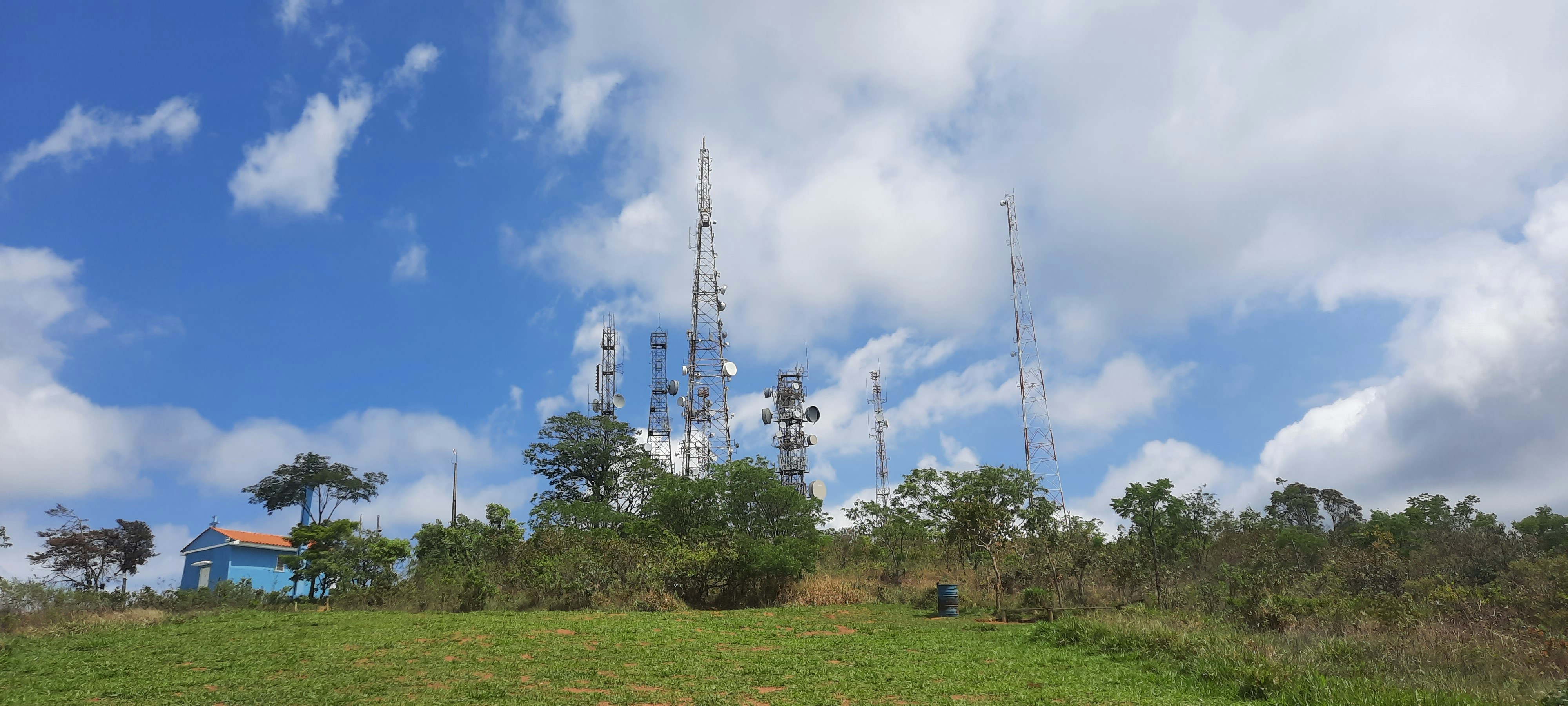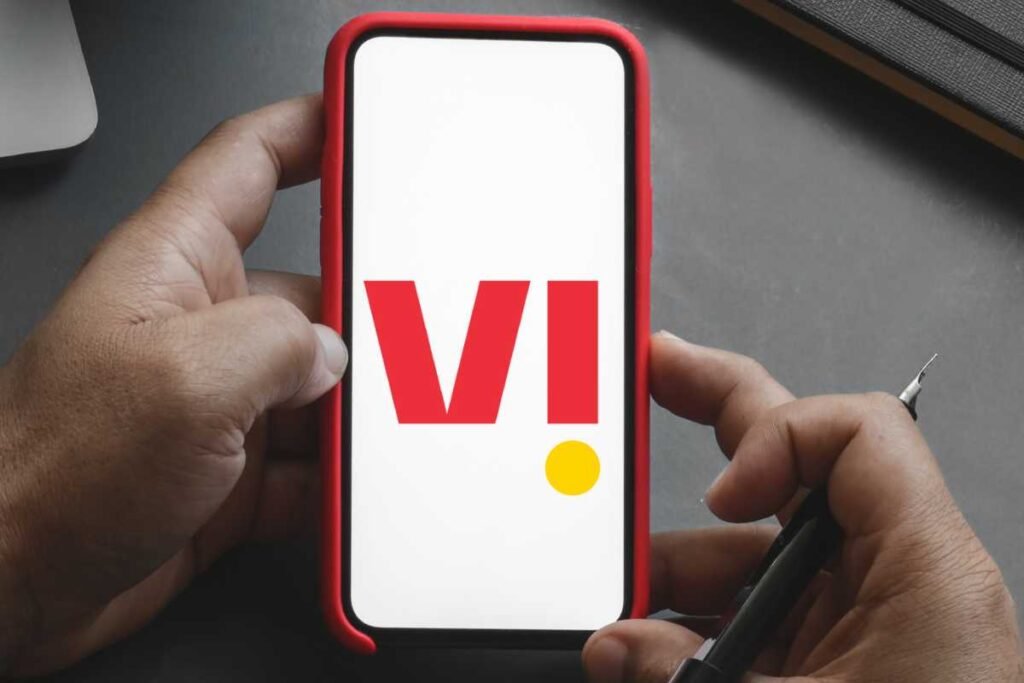The government is considering relief measures such as a 20-year repayment plan and converting compound interest to simple interest, aiming to safeguard its 49 percent stake in the telecom company.
The financial landscape surrounding Vodafone Idea, commonly referred to as Vi, has become a focal point of concern within the telecommunications sector in India. The company has faced significant challenges, primarily stemming from the enormous adjusted gross revenue (AGR) dues that exceed Rs 84,000 crore. This financial burden poses a severe threat to the sustainability of Vodafone Idea, which is essential not only for its operations but also for the competitive dynamics within the telecom industry.
Vodafone Idea’s struggles are indicative of broader issues that have plagued the telecom sector in India, particularly in terms of pricing pressures and regulatory challenges. With relentless competition from rivals, financial viability has come under scrutiny, intensifying pressure on Vodafone Idea to navigate through this turbulent phase. The urgency for a feasible financial solution to address these AGR dues has grown as analysts express concerns about the potential collapse of the company. Such a scenario could have cascading effects, not just for shareholders but also for the wider economy and employment in the sector.
The implications for the Indian government are particularly significant, given its role as a shareholder in Vodafone Idea. The potential fallout from the company’s financial troubles could lead to adverse consequences, including loss of jobs and diminished service quality for consumers. As the government weighs possible relief options, there is a crucial need for a balanced approach that supports Vodafone Idea in managing its massive debts while ensuring that the telecommunications market remains robust and competitive. As we delve into the potential measures being considered by the government, understanding the financial plight of Vodafone Idea will provide essential context for these discussions.
Proposed Relief Measures: Extending Payment Terms
The financial sustainability of Vodafone Idea (Vi) has become a pressing concern, prompting the government to explore various relief measures. Among the most significant proposals on the table is the potential extension of repayment terms for the Adjusted Gross Revenue (AGR) dues owed by Vodafone Idea. Currently, the repayment period is set at six years; however, there is a suggestion to elongate this period to 20 years. This extended timeline seeks to alleviate the immediate financial pressure faced by Vi, enabling the telecom operator to stabilize its operations and invest in much-needed infrastructure improvements.
A further consideration is the adjustment of interest rates from the currently applied compound interest to a lower, simpler interest rate. This change could be pivotal in lessening Vodafone Idea’s annual payment obligations significantly. By substituting compound interest with a simpler form, the company would not only see a decrease in the total amount owed over the proposed 20-year period but also enjoy more predictable annual financial commitments. This level of predictability is crucial for Vi as it navigates its recovery and strives for operational stability.
The implications of these proposed changes are substantial for Vodafone Idea. A favorable restructure of the repayment terms could enhance the company’s cash flow, allowing for investment in network expansion and service improvements, ultimately bolstering customer satisfaction and market competitiveness. This relief measure may help Vi regain investor confidence, which has been wavering amid financial uncertainty. By improving its financial outlook, Vodafone Idea could position itself for a more promising future in the highly competitive Indian telecom market.
Impact of Proposed Relief Measures on Vodafone Idea’s Future
Vodafone Idea, also known as VI, finds itself in a precarious position as it navigates the complex landscape of the Indian telecom market. The proposed relief measures aimed at addressing the company’s financial turmoil are critical in determining its operational viability and long-term sustainability. These measures, particularly in light of the adjusted gross revenue (AGR) dues, present an opportunity for Vodafone Idea to stabilize its financial footing, but their effectiveness will depend on various factors.
Experts have debated whether the cash flows generated by Vodafone Idea after implementing the new payment structures will be sufficient to meet the increased financial obligations. Without robust cash inflows, the risk of default continues to loom large, potentially exacerbating the existing struggles the company faces in a highly competitive industry dominated by major players. Analysts predict that if Vodafone Idea cannot manage its financial commitments effectively, it may lead to a market scenario with reduced competition, which would negatively impact consumers.
Additionally, there are alternative options being explored to bolster Vodafone Idea’s market position. These include potential mergers or partnerships, which could provide the necessary capital influx and operational synergies to enhance its competitive edge. Some industry observers suggest that fresh investments from strategic investors could also play a pivotal role in revitalizing the company. Such creative proposals, aiming to shore up Vodafone Idea’s resources, could ultimately lead to a more favorable outcome for both the company and the broader telecom sector.
In conclusion, while the proposed relief measures present a pathway for Vodafone Idea to recover, their success hinges on the company’s ability to generate adequate cash flow to honor new payment commitments. The ramifications of its potential failure extend beyond the company itself, posing risks to market competition and consumer choices within the telecommunications landscape.
The Role of the Government and Future Outlook
The situation facing Vodafone Idea, also known as Vi, is a pivotal moment for the Indian telecom industry. As the largest shareholder in Vodafone Idea, the government holds a significant influence over the company’s future. The urgent need for regulatory and fiscal support cannot be overstated, especially in the context of the Adjusted Gross Revenue (AGR) dues that have placed a substantial burden on the company’s financial stability. The government’s role will likely encompass exploring options that would enable Vodafone Idea to navigate its financial challenges while ensuring compliance with legal frameworks.
Failing to address these concerns may have far-reaching implications for the Indian telecom landscape. Vodafone Idea is one of the key players in the sector, and its potential collapse could lead to reduced competition, higher tariffs, and diminished service quality. Consequently, the government must act decisively, balancing the need for a legally sound approach with the immediate financial needs of creditors and other stakeholders involved. This balancing act will be crucial to maintain the integrity and competitiveness of the industry.
Looking ahead, the financial relief measures provided to Vodafone Idea can foster a transformative phase for the company. By restructuring its debts and securing new funding, Vi could revitalize its operations and invest in upgrading its infrastructure. However, the success of these measures will be significantly influenced by market dynamics, including competition from other telecom providers. In this context, a hybrid approach that stabilizes Vodafone Idea while promoting healthy market competition will be essential to ensure sustainable growth.
In conclusion, the government’s proactive involvement is vital for Vodafone Idea’s survival. With the stakes increasing, timely and thoughtful interventions can help secure the future of not only the company itself but also the broader telecommunications sector in India.
Stay updated with the latest news from the telecom sector by following our channel, Tech News. Don’t forget to connect with us on Twitter, and Facebook for real-time updates and insights.




